Your AC's Unsung Hero: The Blower Motor
A central AC blower motor is the powerful fan inside your indoor HVAC unit that circulates conditioned air through your home's ductwork. It's the heart of your home's comfort system, working for both your air conditioner and furnace. Without it, the cool air your AC produces would never reach you.
Key signs of a failing blower motor include:
- Weak or no airflow from vents
- Strange noises like squealing, rattling, or humming
- Unexplained spikes in energy bills
- A burning smell or frequent system shutdowns
- The motor struggles or fails to start
When a blower motor fails, it's often due to preventable issues like a clogged air filter, which forces the motor to overwork and overheat. While a motor can last 10-20 years, its lifespan can be cut short by lack of maintenance.
I'm Bill Scott, general manager of Smart Climate Solutions. With over 15 years of experience helping homeowners in Pittsburgh and Southwestern PA, I'll guide you through diagnosing and solving central AC blower motor problems to restore your home's comfort.
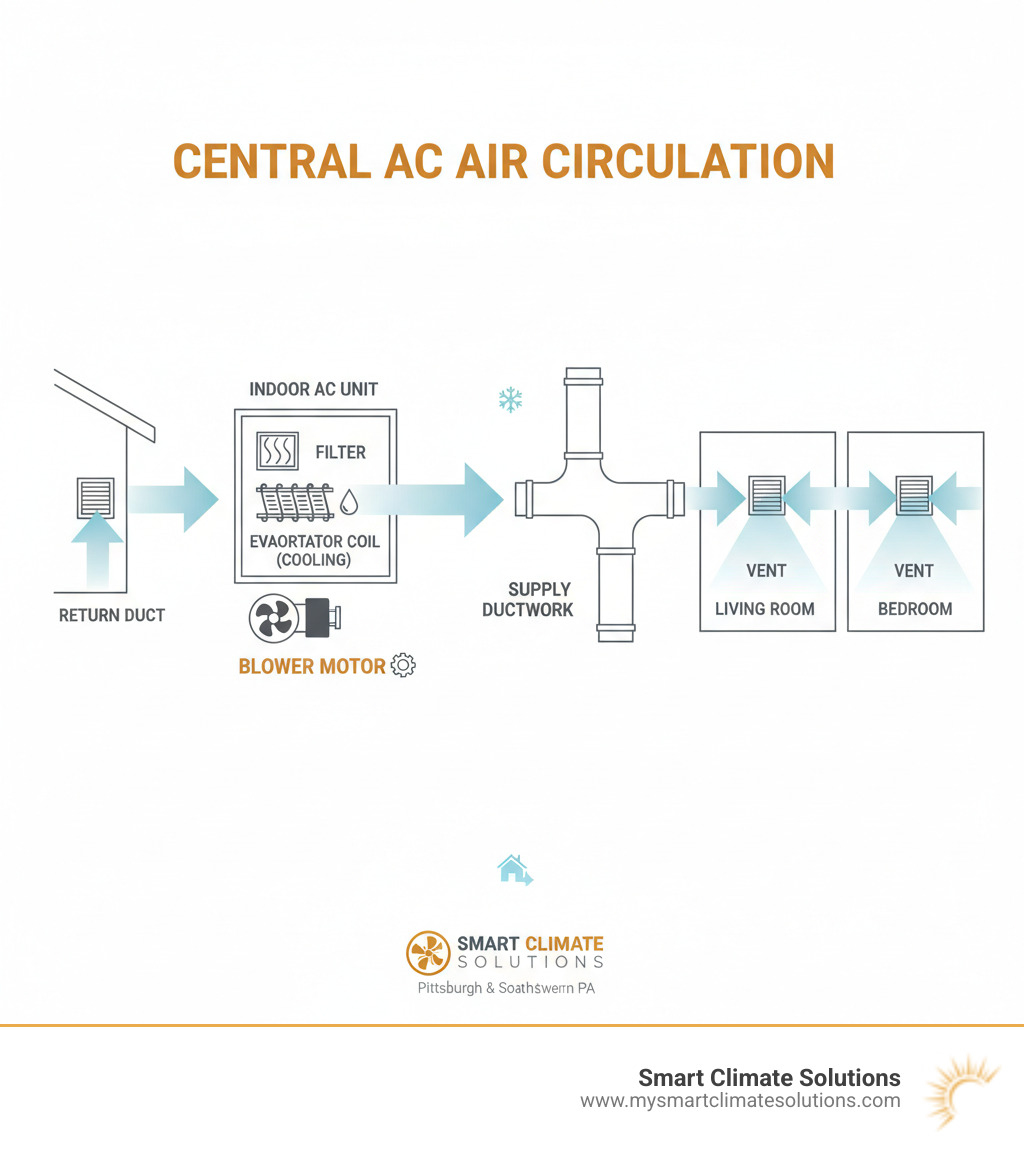
5 Telltale Signs of a Failing Blower Motor
This section addresses the core user intent of diagnosing a problem. If you notice any of these signs, it is a strong indicator that your system needs professional attention.
When your central AC system starts acting up, the central AC blower motor is often the culprit. Recognizing the early warning signs can save you from a complete system breakdown and potentially costly repairs down the line. Here are the five most common indicators that your blower motor may be failing:
1. Weak or No Airflow
One of the most immediate signs of a failing blower motor is a noticeable reduction in airflow. If you feel only a whisper of air-or nothing at all-from your vents while the AC is running, the motor is likely struggling. This poor circulation leads to hot spots and uneven temperatures. The cause could be a motor clogged with dirt or a failing capacitor preventing it from reaching full speed. If your ac isnt blowing or your hvac running but not blowing air, the blower motor needs attention.
2. Strange and Unusual Noises
An HVAC system should operate with a low hum. Loud or unusual sounds often point to a motor problem.
- Squealing or Screeching: This high-pitched noise often means the motor's bearings are worn out.
- Rattling or Clanking: These sounds suggest loose or broken parts within the blower assembly, which can lead to mechanical failure.
- Loud Humming or Buzzing: If the fan isn't spinning, a loud hum often points to an electrical issue, like a seized motor or a failed start capacitor.
3. Unexplained Spikes in Energy Bills
Your blower motor is the single biggest energy user in your HVAC system. When it starts to fail, it works much harder to move air, causing a significant increase in your electricity consumption. If your utility bills have suddenly jumped without a change in your habits, an inefficient motor is a likely culprit. It's a good time for an hvac tune up specials to diagnose the issue.
4. Overheating and Frequent Shutdowns
A burning or electrical smell from your vents is a serious sign that the motor is overheating. To prevent damage or a fire, modern HVAC systems have safety switches that will shut the unit down. While this protects your system, it leaves your home without cooling. Frequent shutdowns or burning smells are an emergency that requires 24 hour emergency ac repair.
5. The Motor Won't Start or Struggles
If your AC clicks on but the fan doesn't spin, or if it starts very slowly, the motor is likely failing. This can be caused by a faulty capacitor, which provides the initial jolt of electricity to start the motor. Other electrical problems, like a bad relay or control board failure, can also prevent the motor from starting. This is a clear sign of a mechanical or electrical problem with your central AC blower motor system.
Common Causes of Central AC Blower Motor Failure
A central AC blower motor rarely fails without a reason. Most failures are preventable. Understanding the common causes can help you protect your HVAC system.
Dirt, Dust, and Debris
The number one cause of premature blower motor failure is a clogged air filter. When the filter is dirty, it restricts airflow, forcing the motor to work much harder. This strain leads to overheating, higher energy use, and accelerated wear. Check your filter monthly and replace it every 1-3 months. Regular blower motor cleaning as part of professional maintenance also helps prevent buildup on the motor and fan.
Age and Mechanical Wear
Even with perfect maintenance, a blower motor has a finite lifespan, typically 10 to 20 years. Over time, internal components like bearings wear out, leading to friction and noises like squealing or grinding. As a motor approaches the end of its service life, replacement often becomes more cost-effective than repeated repairs.
Electrical Issues
Electrical problems can cause sudden motor failure. A failed capacitor is a frequent culprit, preventing the motor from starting or running correctly. Other issues include bad relays, corroded wiring, power surges, or a malfunctioning control board, all of which can disrupt power and stop the motor from working.
High Static Pressure
High static pressure is excessive resistance to airflow in your ductwork. It forces your motor to work much harder, leading to overheating and premature failure. This is often caused by poorly designed or undersized ductwork, too many sharp bends, or blocked vents and registers. Addressing these airflow issues is crucial for the health of your blower motor.
Solutions: Repair, Replacement, and Upgrades
Once you know what's wrong with your central AC blower motor, the big question becomes: what do we do about it? The answer depends on the motor's age, the issue, and your budget.
Repair vs. Replacement
For minor issues like a failed capacitor or loose wire, a simple repair is often the most cost-effective solution. However, if the motor has significant internal damage (like worn bearings or burned-out windings) or is over 15 years old, replacement is usually the smarter long-term investment. The cost to replace hvac fan motor can be weighed against the price of temporary repairs.
For a budget-friendly alternative, remanufactured motors are a great option. These are rebuilt motors restored to factory specifications and often come with a solid warranty.
Types of Blower Motors
If you're replacing your motor, you can often upgrade to a more efficient model. Understanding the types is key.
- PSC motors (Permanent Split Capacitor): Found in older systems, these single-speed motors are either on or off. They are the least efficient option and are being phased out by new federal standards for fan efficiency.
- Constant Torque ECM motors (Electronically Commutated Motors): A step up in efficiency, these motors can adjust between several speeds to provide more consistent airflow and use less energy than PSC motors.
- Variable-Speed ECM motors: The most advanced option, these motors adjust their speed continuously to precisely match your home's cooling needs. They are the quietest and most energy-efficient, using up to 75% less energy than PSC motors. They are a key part of modern energy efficient air conditioning systems.
Choosing a Replacement Central AC Blower Motor
Selecting the right motor is critical. It must match your system's specifications, including horsepower (HP), voltage, RPM (revolutions per minute), frame size, and shaft dimensions. Modern ECM motors are often computer-driven and require system-specific programming. This complexity is why professional installation is essential to ensure compatibility, proper function, and efficiency.
Central AC Blower Motor Problems: Signs, Causes, and Solutions
Your AC's Unsung Hero: The Blower Motor
A central AC blower motor is the powerful fan inside your indoor HVAC unit that circulates conditioned air through your home's ductwork. It's the heart of your home's comfort system, working for both your air conditioner and furnace. Without it, the cool air your AC produces would never reach you.
Key signs of a failing blower motor include:
- Weak or no airflow from vents
- Strange noises like squealing, rattling, or humming
- Unexplained spikes in energy bills
- A burning smell or frequent system shutdowns
- The motor struggles or fails to start
When a blower motor fails, it's often due to preventable issues like a clogged air filter, which forces the motor to overwork and overheat. While a motor can last 10-20 years, its lifespan can be cut short by lack of maintenance.
I'm Bill Scott, general manager of Smart Climate Solutions. With over 15 years of experience helping homeowners in Pittsburgh and Southwestern PA, I'll guide you through diagnosing and solving central AC blower motor problems to restore your home's comfort.
5 Telltale Signs of a Failing Blower Motor
When your central AC blower motor starts to fail, it usually gives you warning signs. Catching these red flags early can save you from a complete breakdown. Here are the five most common indicators that it's time to call a professional.
1. Weak or No Airflow
If you feel only a whisper of air-or nothing at all-from your vents while the AC is running, the blower motor is likely struggling. This poor circulation leads to hot spots and uneven temperatures throughout your home. The cause could be a motor clogged with dirt or a failing capacitor preventing it from reaching full speed. If your ac isnt blowing like it used to, or your hvac running but not blowing air at all, don't wait-that motor needs attention now.
2. Strange and Unusual Noises
Your HVAC system has a normal sound-that steady, quiet hum you barely notice after a while. So when it starts making noises that sound like a horror movie soundtrack, pay attention. Different sounds tell different stories about what's happening inside your system.
Squealing or screeching usually means the motor's bearings are worn down and creating friction as they struggle to spin. Rattling, clanking, or banging typically points to loose or broken parts-maybe a fan blade has come loose, or a motor mount has failed.
Then there's the loud humming or buzzing that happens when the fan won't spin. That's often electrical-the motor is getting power but can't start moving, possibly because the bearings have seized up or the start capacitor has failed. Any of these noises are your central AC blower motor crying out for help.
3. Unexplained Spikes in Energy Bills
If your usage habits haven't changed but your costs have shot up, your blower motor might be working overtime. The blower motor is the biggest energy user in your entire HVAC system. When it starts failing, it has to work significantly harder to move air, and all that extra effort shows up on your utility bill. A struggling motor is a sign your system could benefit from an hvac tune up specials.
4. Overheating and Frequent Shutdowns
If you smell something burning coming from your vents-that acrid, electrical smell-your blower motor is overheating. Modern HVAC systems have safety mechanisms that shut everything down to prevent damage or fire. While that's a crucial safety feature, it also means you're left without air conditioning. If you're dealing with burning smells or your system keeps shutting itself off, you need 24 hour emergency ac repair.
5. The Motor Won't Start or Struggles
You hear the click. The thermostat is calling for cooling. But the fan? Nothing. Or maybe it starts spinning, but painfully slowly. The most common culprit here is a faulty capacitor. The capacitor provides the initial burst of electricity the motor needs to begin spinning. When the capacitor is weak or dead, the motor simply doesn't have the power to get going. When your fan struggles or won't start at all, you're looking at an electrical or mechanical problem within your central AC blower motor system that needs professional diagnosis.
Common Causes of Central AC Blower Motor Failure
A failing central AC blower motor rarely happens without a reason. Understanding what causes these motors to break down can help you prevent future problems. After two decades of working on HVAC systems throughout Pittsburgh, I've seen just about every blower motor issue imaginable. Let me walk you through the most common culprits.
Dirt, Dust, and Debris
Change your air filters regularly! This simple task prevents more blower motor problems than anything else. When your air filter gets clogged, it restricts airflow, forcing your central AC blower motor to work significantly harder. This extra strain causes the motor to overheat, your energy bills to climb, and the mechanical components to wear out much faster. We recommend checking your filter monthly and swapping it out every one to three months. Regular blower motor cleaning is also an important part of maintenance.
Age and Mechanical Wear
Even with perfect maintenance, nothing lasts forever. A central AC blower motor typically serves you well for 10 to 20 years. The bearings inside the motor are usually the first casualties of time, causing squealing or grinding sounds as they wear out. Once a motor reaches the later stages of its life expectancy, replacement usually makes more sense than repair.
Electrical Issues
Your blower motor needs a steady supply of electricity. When electrical components fail, the motor can't function. One of the most common culprits is a failed capacitor. Other electrical gremlins include bad relays, loose or frayed wiring, power surges, or a malfunctioning control board.
High Static Pressure
High static pressure is excessive resistance to airflow in your ductwork. When your central AC blower motor has to fight against this resistance, it wears out much faster. Several factors can create high static pressure, including poorly designed ductwork, blocked vents and registers, and undersized return air vents. Over time, this constant battle leads to overheating and premature motor failure.
Solutions: Repair, Replacement, and Upgrades
Once we've diagnosed the problem with your central AC blower motor, you have several paths forward. The right choice depends on what's wrong, how old your motor is, and your budget.
Repair vs. Replacement
Not every motor problem means you need a full replacement. A faulty capacitor, for example, is a common and relatively inexpensive fix. However, if the motor's internal windings are burned out or the bearings are severely worn, replacement becomes the smarter move. We always weigh the cost to replace hvac fan motor against the cost of repair. If your motor is already 15 years old, investing in a new motor usually makes more financial sense.
For a more budget-friendly route, remanufactured blower motors can be an excellent middle ground. They've been completely rebuilt to meet or exceed original standards and often come with a 2-year replacement warranty.
Types of Blower Motors
If you're replacing your motor, understanding the different types available is crucial. The type of motor you choose will directly impact your home's comfort and your energy bills.
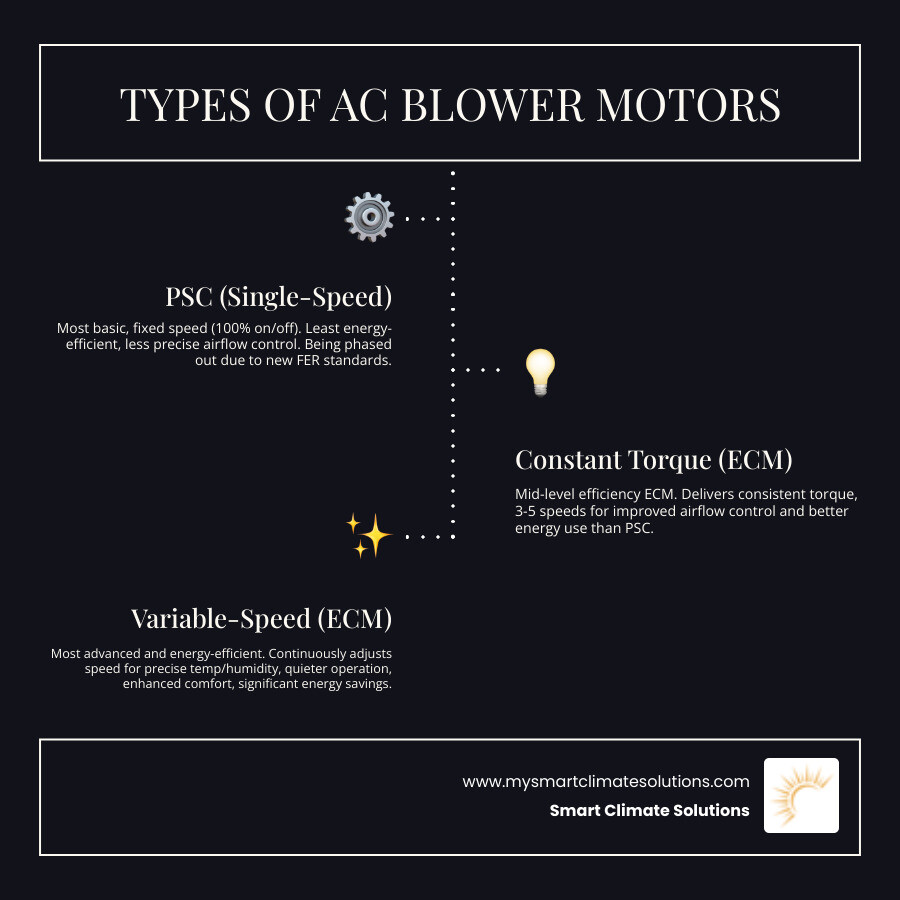
- Single-Speed PSC Motors: These traditional motors operate at a fixed speed (100% on or off). They are the least energy-efficient option and are being phased out due to new federal standards for fan efficiency.
- Constant Torque ECM Motors: A significant step up, these motors use electronic controls to deliver consistent torque and can operate at several different speeds for better airflow and efficiency.
- Variable-Speed ECM Motors: The top of the line, these motors continuously adjust their speed to match your system's needs. They create more consistent temperatures, operate quietly, and are a cornerstone of modern energy efficient air conditioning systems.
Choosing a Replacement Central AC Blower Motor
Selecting the right replacement is critical. Your new motor needs to match several key specifications: horsepower (HP), voltage, RPM, frame size, and shaft dimensions. Modern ECM motors are often computer-driven and require factory programming that can only be done by a professional. This is why professional installation is necessary to ensure your new motor is compatible and functions correctly.
How to Extend Your Blower Motor's Lifespan
A little proactive care goes a long way in prolonging the life of your central AC blower motor and saving you from expensive repairs.
The Importance of Regular Maintenance
Changing your air filter regularly is the single most important thing you can do. A dirty filter restricts airflow and forces your motor to overwork, leading to premature failure. Check your filter monthly and replace it every 1-3 months.
Beyond filters, professional ac maintenance is crucial. During a tune-up, a technician will clean the blower assembly, inspect electrical connections, and spot early signs of trouble. Also, ensure the area around your indoor unit is clean and that all air vents are unobstructed by furniture or rugs to maintain proper airflow.
Sign Up for a Maintenance Plan
An hvac maintenance plan is the smartest way to protect your investment. It ensures your system is professionally inspected and cleaned on a regular schedule, preventing problems before they start. Members often receive priority service and discounts on repairs, providing peace of mind and ensuring the longevity of your entire HVAC system, including the central AC blower motor.
When to Call a Professional for Your Central AC Blower Motor
While DIY is great for some home tasks, working on a central AC blower motor should be left to the professionals. Here's why.
Professional Diagnosis and Repair
HVAC systems operate on high voltages, creating a serious risk of electrical shock for those without proper training. A wrong move could also damage other expensive components. Technicians use specialized tools to accurately diagnose the problem, determining if it's the motor, capacitor, or control board.
Modern motors, especially ECM types, are not universal parts. They often require factory-specific programming and must be precisely matched to your system's specifications (horsepower, voltage, RPM, etc.). Attempting a DIY repair can also void your manufacturer's warranty.
For homeowners throughout Pittsburgh, the South Hills, Washington PA, Steubenville OH, and Weirton WV, our team at Smart Climate Solutions offers over 20 years of experience. We provide fast, reliable hvac repair pittsburgh area service, including 24/7 emergency support, to get your air flowing again safely and correctly.
Frequently Asked Questions about Blower Motors
Do the furnace and AC use the same blower motor?
Yes. In nearly all modern residential central HVAC systems, a single central AC blower motor is housed in the indoor air handler or furnace. This efficient, dual-purpose design circulates both heated air in the winter and cooled air in the summer.
How long does a blower motor typically last?
A blower motor's lifespan is typically 10 to 20 years. The most significant factor affecting its longevity is maintenance. Regularly changing your air filter is crucial, as a clogged filter forces the motor to work harder and can lead to premature failure. Consistent professional maintenance helps ensure it reaches its maximum lifespan.
Can I replace a blower motor myself?
No, this is not a recommended DIY project. Blower motor replacement involves working with high-voltage electricity, which is dangerous without proper training and safety equipment. The wiring is complex, and modern motors require precise matching and often special programming. To ensure your safety, protect your warranty, and guarantee the job is done correctly, always call a qualified HVAC professional.
Get Your Air Flowing Again with Expert Help
When your central AC blower motor fails, your home's comfort is at risk. Whether you're experiencing weak airflow, strange noises, or frequent shutdowns, these are signs that require professional attention. Ignoring them can lead to more extensive and costly repairs.
At Smart Climate Solutions, we've helped homeowners across the Pittsburgh area, including the South Hills, Washington PA, Steubenville OH, and Weirton WV, for over 15 years. Our certified technicians are ready to diagnose and fix your blower motor issues quickly and effectively.
Don't wait for a complete system breakdown. Contact us today for professional hvac service and repair. We offer 24/7 emergency support to restore your comfort when you need it most.

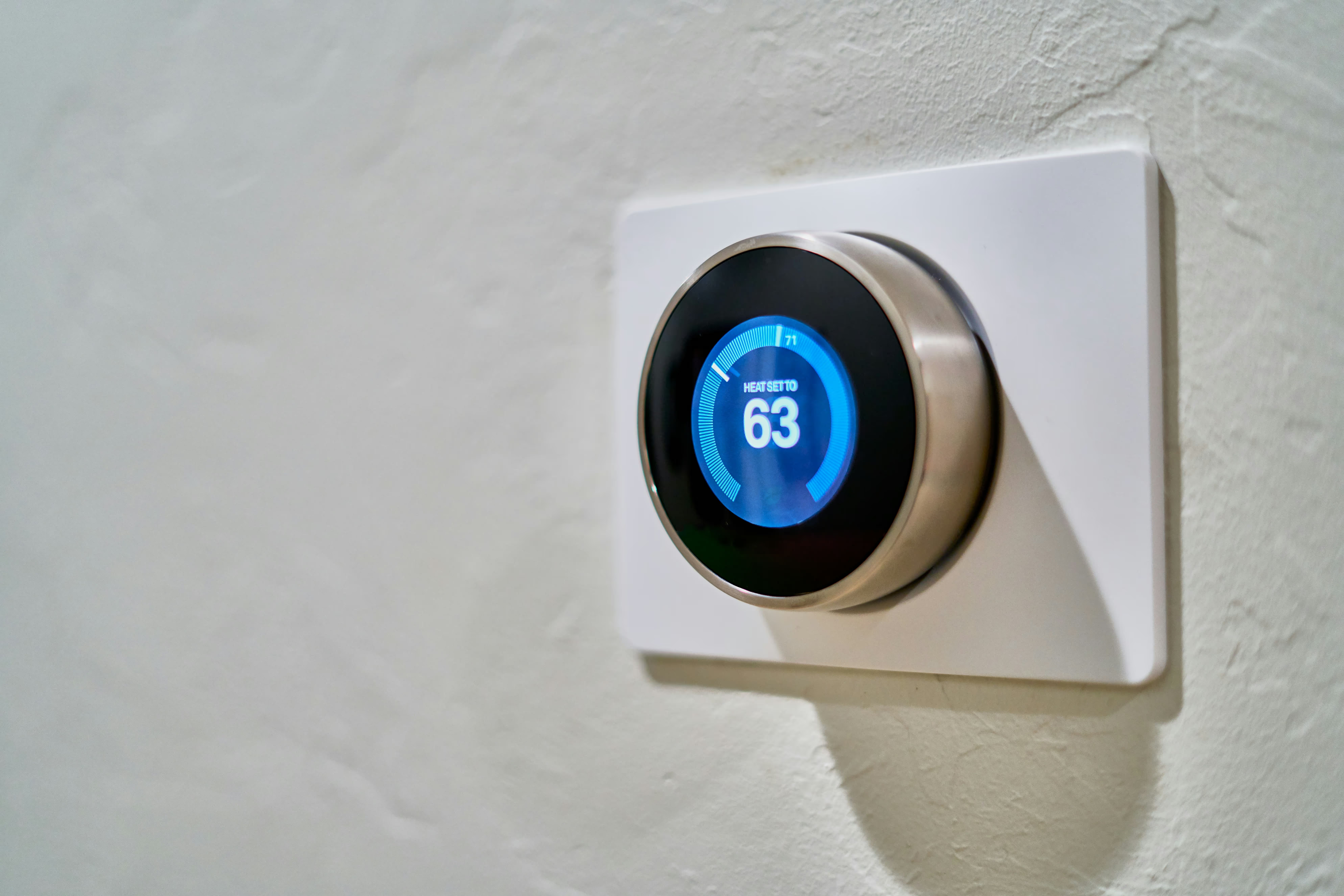

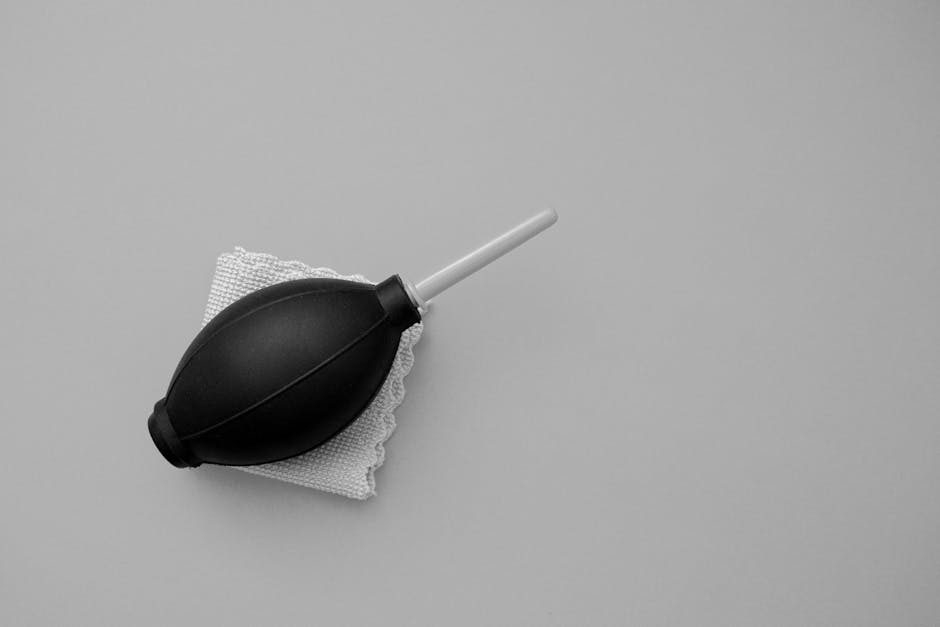
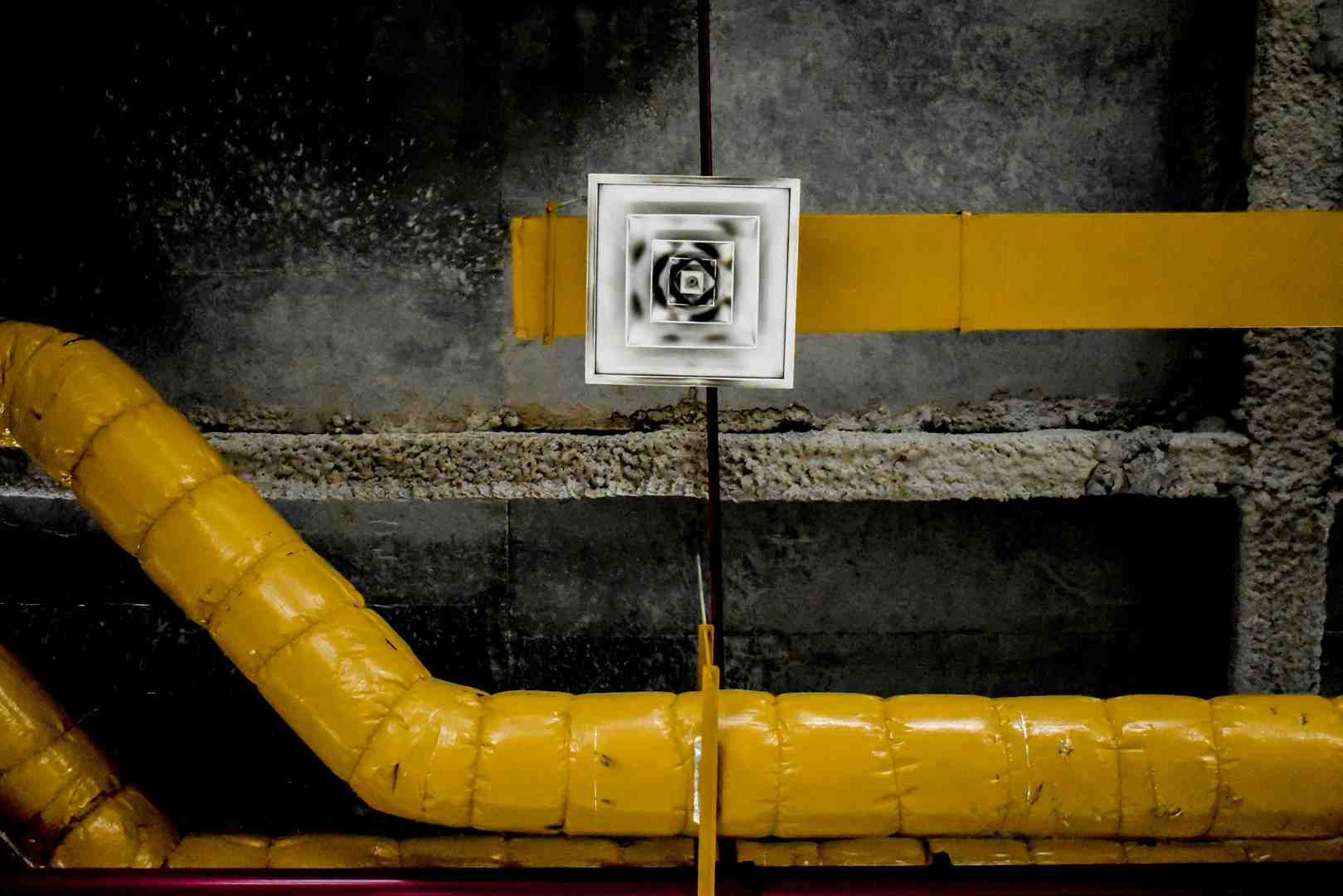
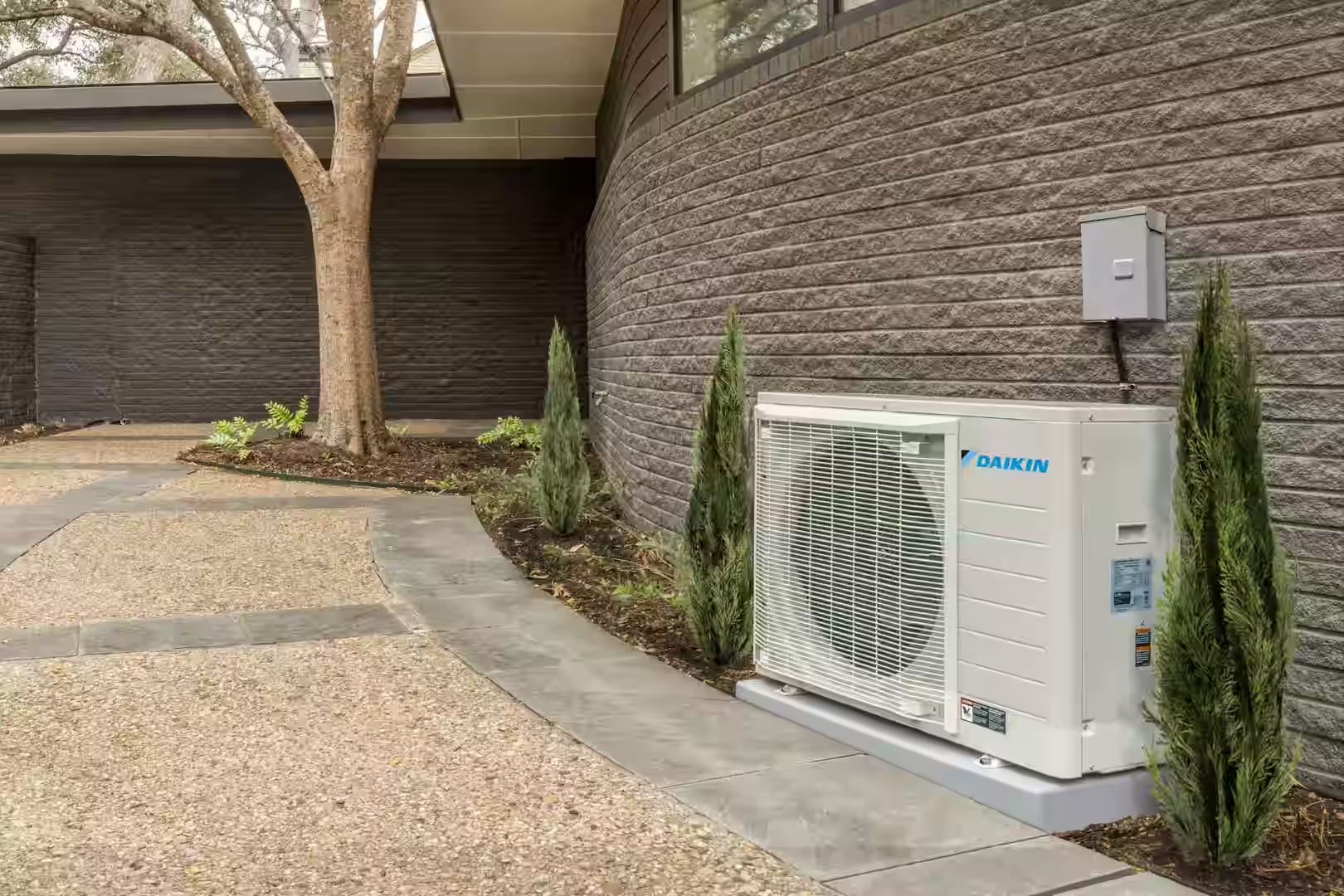
.png)
